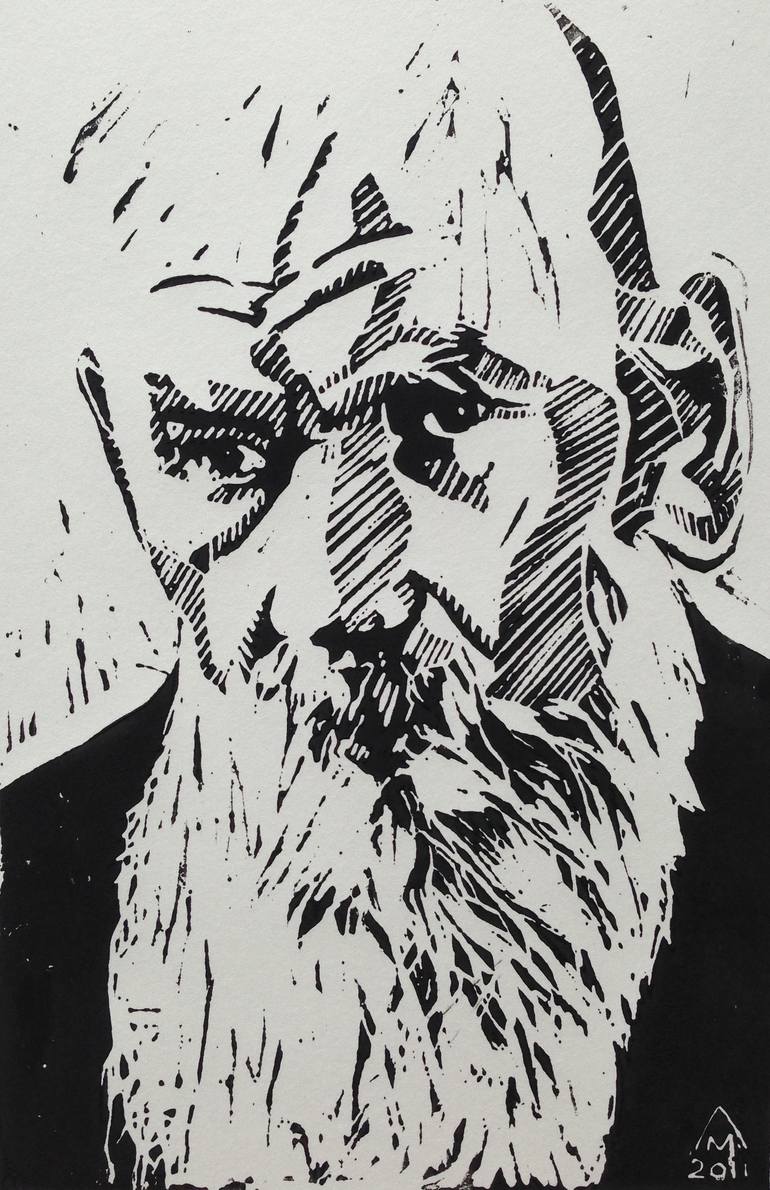Leo Tolstoy Archive
Written: 1890
Source: From RevoltLib.com; Translated by Nathan Haskell Dole
Transcription/Markup: Andy Carloff
Online Source: RevoltLib.com; 2021

The effects on individuals of opium and hashish, as described for us by them, are horrible; horrible for the drunkard are the consequences of the use of alcohol, as we well know; but incomparably more horrible for society in general are the consequences of taking brandy, wine, and tobacco, though the majority of men, and especially the so-called classes of our world, use them in moderation, and consider them harmless.
The consequences must necessarily be horrible if it be granted, as one must grant, that the dominant activity of society—political, official, scientific, literary, artistic—is largely carried on by men who find themselves in an abnormal condition—by intoxicated persons.
It is ordinarily taken for granted that a man who, like the majority of the people in our well-to-do classes, uses alcoholic stimulants every time he takes food, finds himself the next day, when he goes to work, in a perfectly normal and sober state. But this is absolutely false. The man who in the evening drinks a bottle of wine, a glass of vodka, or two tankards of ale, finds himself in the customary condition of headachiness or depression which follows exhilaration, and therefore in a condition of intellectual debasement, which is still further increased by smoking.
For a man who constantly smokes and drinks in moderation to bring his brain into a normal condition, he must go for a week, or even more, without drinking or smoking,[3] and this rarely happens.
Thus the large part of all that is produced in our world, both by men that direct and teach others and by those directed and taught, is accomplished in a non-sober condition.
Now do not let this be taken as a jest or as an exaggeration—the ugliness, and above all the senselessness, of our lives proceed, primarily, from the constant condition of intoxication in which the majority of men find themselves. How would it be possible for men not intoxicated calmly to do all that is done in our world, from the Eiffel tower to the general war debt?
Without the slightest necessity a society is formed; capital is paid in, men work, enter into calculations, form plans; millions of work-days, millions of puds of iron, are consumed in building a tower; and millions of men consider it their duty to climb up the tower, stay there a while, and go down again; and the construction and the visiting of this tower arouses in men's minds no criticism upon it, but only a desire to build still more tall towers. Could sober people have done such a thing?
Or again: All the European nations have been occupied for decades in devising the very best means of destroying human life, and in training all their young men that had reached mature growth how to commit murder. All know that there is no danger of a descent of barbarians, that these preparations for murder are meant by Christian and civilized nations against one another, all know that this is burdensome, painful, inconvenient, wasteful, immoral, blasphemous, and senseless—and yet all prepare for mutual murder: some, inventing political combinations as to who shall be allied wath whom, and who shall be killed; others taking the command of these prospective murderers; still others submitting against their will, against the dictates of their conscience, against reason, to these murderous preparations.
Could sober men do this?
Only intoxicated men, not knowing a sober moment, could do such things, and live in such a horrible state of discord between life and conscience, as the men of our day live, not only in this, but in all other respects.
Never, it seems to me, have men lived in such evident contradiction between the demands of conscience and their acts.
The humanity of our time is, as it were, fastened to something. It is as if some external cause prevented it from taking that position which is natural to it according to its conscience. And this cause—if not the only one, at least the principal one—is the physical condition of stupefaction in which, by wine or tobacco, the immense majority of the men of our time bring themselves.
Emancipation from this terrible evil will be an epoch in the life of humanity, and this epoch is apparently at hand. The evil is recognized. The change in conscience in relation to the use of stupefying things has already taken place; men have recognized their terrible harmfulness and begin to point them out, and this impercepible change in the conscience inevitably brings with it the emancipation of men from the use of stupefying things. The emancipation of men from stupefying things opens their eyes to the demands of their consciences, and they begin to lead lives in accordance with conscience.
And this is apparently beginning to take place. And, as always, it begins with the upper classes, when all the lower classes are already infected.